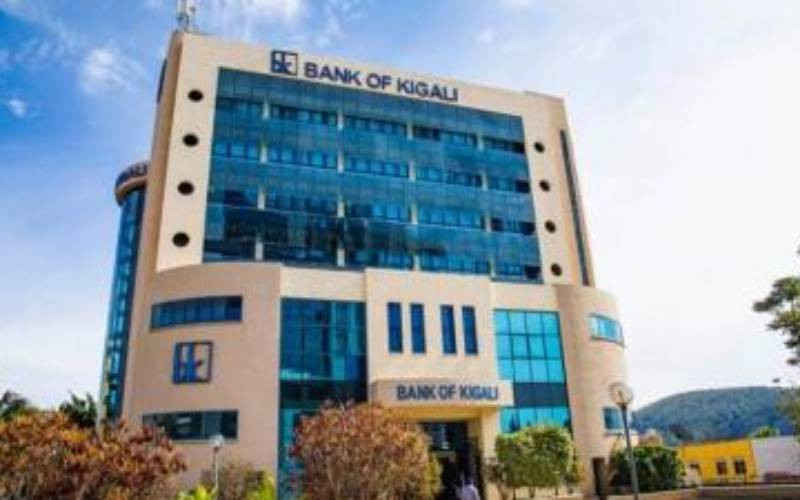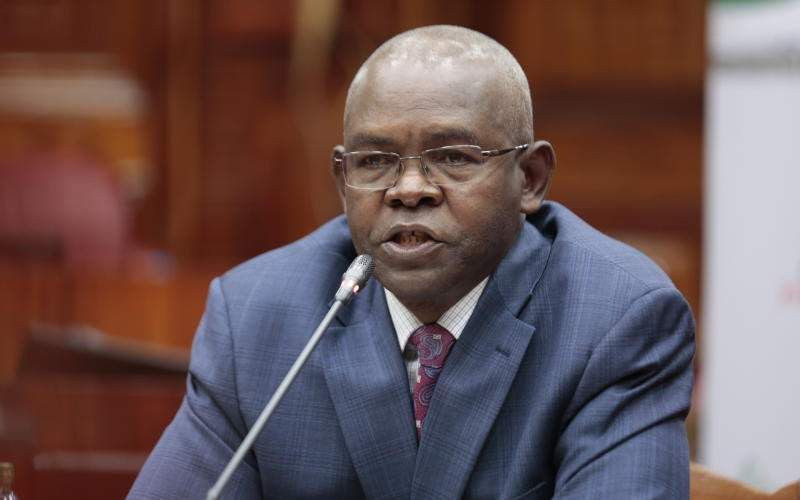
By now, everyone agrees that the damage occasioned by Covid-19 is deep and mending it might take long—perhaps a year or even two.
Millions of Kenyans have lost their jobs and most are struggling to pay rent and to put food on the table. Small businesses with thin balance sheets have also been hit hard. Central Bank Governor Patrick Njoroge (pictured) has warned that most of them might not survive beyond two months.
Getting out of this economic and financial mess will not be easy. It will take a lot of effort and goodwill from everyone for the country to emerge from the crisis.
The plight of the suffering should especially prick the consciences of firms that the government has helped to boost wealth through tax reliefs. They say with great power, comes greater responsibility. There is no doubt that the money you have worked for is yours. But these are no ordinary times. Those with a lot of money in their bank accounts could do better to help those who are now suffering.
However, it is disheartening for some affluent businesses to park the billions they received from the State as tax reliefs in bonds and equities, instead of helping to create jobs.
The banks are also not innocent. Commercial banks are expected to help get the economy back to its feet by lending to the private sector. To enable them do this, the CBK released Sh35.2 billion, part of the amount they deposit at the apex bank as legal requirement, so that they could lend out the money to distressed Kenyans. Unfortunately, some banks have been investing the money in the bond market.
In addition, CBK reduced its benchmark lending rate to help banks get cheap loans which they can then lend out cheaply. But cheap loans are still a pipe-dream for borrowers.
Yet, in an auction for a five and 10-year Treasury bonds that CBK re-opened, liquid investors lent to the government Sh105 billion against an offer of Sh40 billion, representing a performance rate of 262 per cent. This is money that would have been lent to small businesses so that they could stabilise their businesses.
Investors are also putting money in equities, snapping up cheap shares for blue chip companies in anticipation of a turnaround in the economy.
It is understandable that investors are simply being cautious rather than putting their money in the goods and services market and losing it. Hopefully, investors will sell off their bonds and shares when Covid-19 is over with a profit. Which is good business acumen. However, a lot of Kenyans will have suffered by then.
 The Standard Group Plc is a
multi-media organization with investments in media platforms spanning newspaper
print operations, television, radio broadcasting, digital and online services. The
Standard Group is recognized as a leading multi-media house in Kenya with a key
influence in matters of national and international interest.
The Standard Group Plc is a
multi-media organization with investments in media platforms spanning newspaper
print operations, television, radio broadcasting, digital and online services. The
Standard Group is recognized as a leading multi-media house in Kenya with a key
influence in matters of national and international interest.
 The Standard Group Plc is a
multi-media organization with investments in media platforms spanning newspaper
print operations, television, radio broadcasting, digital and online services. The
Standard Group is recognized as a leading multi-media house in Kenya with a key
influence in matters of national and international interest.
The Standard Group Plc is a
multi-media organization with investments in media platforms spanning newspaper
print operations, television, radio broadcasting, digital and online services. The
Standard Group is recognized as a leading multi-media house in Kenya with a key
influence in matters of national and international interest.









